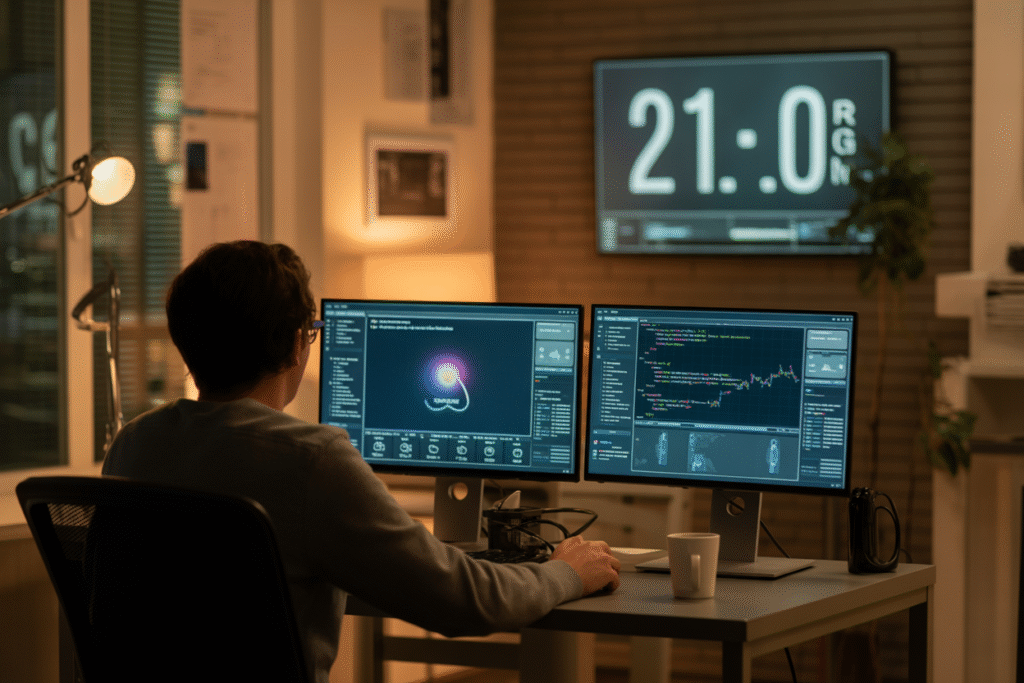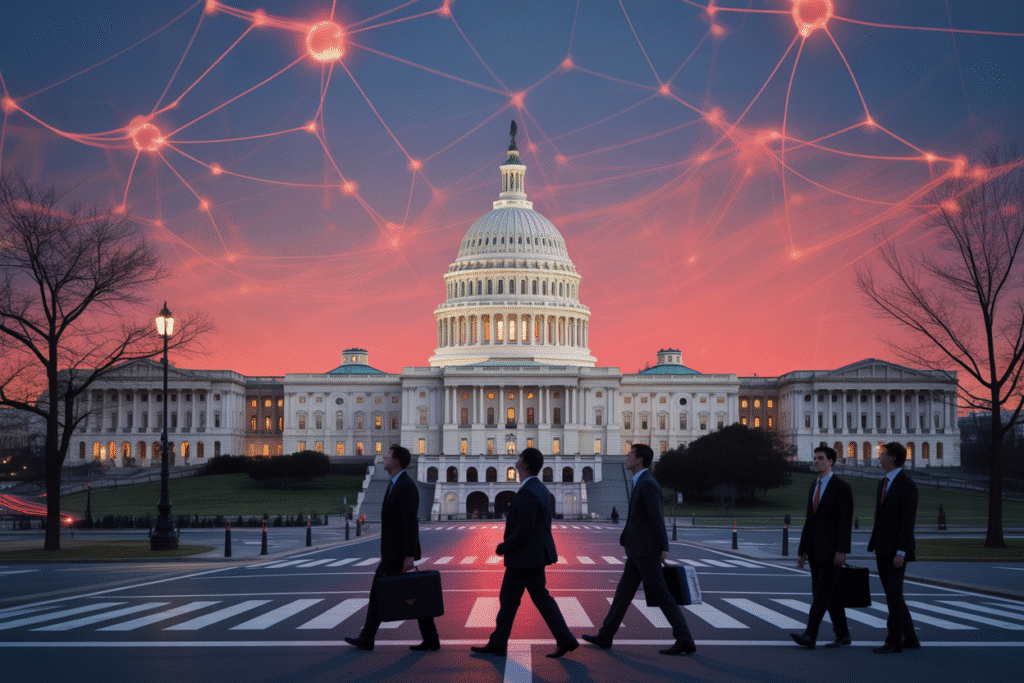Five viral posts in three hours reveal the raw nerves of AI politics—consent, trust, and who really owns the future.
AI politics just had a three-hour adrenaline rush. Five trending posts ignited battles over creator rights, trust layers, and energy costs, proving the debate isn’t coming—it’s already here.
The Five Flashpoints Sparking AI Politics Right Now
AI politics is moving faster than most of us can scroll. In just the last three hours, five separate posts lit up X with hot takes on ethics, surveillance, and who really owns the data feeding the machines. Each thread pulled thousands of likes, hundreds of replies, and one big question: are we building a creative utopia or a digital Wild West?
The buzz started with a single claim—AI models are being trained on unconsented works at industrial scale. Creators cried foul, investors shrugged, and a new project called Camp Network stepped in promising “provenance protection.” Suddenly everyone was arguing about fair value, fair use, and whether “fair” even exists when algorithms are involved.
Next came WachAI, pitched as a real-time scam shield for autonomous agents. Supporters hailed it as the missing trust layer for Web3. Critics warned it could morph into a surveillance gatekeeper. The thread exploded, reposts flew, and the phrase “trust layer” trended for the first time ever.
A quieter but equally charged post surfaced from a cybersecurity pro who loves AI yet worries about junior workers, biased data, and the energy bill no one talks about. That confession pulled fewer fireworks but more bookmarks—proof that nuance still travels, just slower.
Finally, two recruiting posts framed the debate in personal terms: one lab promised a “politics-free” zone, another artist called AI a “concentrated agenda” to exploit creatives. Both went viral for opposite reasons, showing how every hiring pitch is now a political statement.
If you missed the chaos, here’s the distilled drama—five flashpoints, one ticking clock, and a thousand opinions on what AI politics really means today.
Inside the Threads: What 3 Hours of X Revealed
1. AI Training Without Consent: The Creator Strikes Back
A viral post by @IceLover___ claimed that generative models are vacuuming up art, music, and text without permission, then selling the remix back to us. The thread racked up 78 likes and 64 replies in under an hour.
Camp Network jumped into the fray, offering blockchain-based provenance to guarantee creators get paid every time an AI taps their work. Supporters call it “ethical middleware.” Skeptics say it’s lipstick on a data-pig.
Key takeaway: the fight isn’t just about credit—it’s about who captures value in an AI economy. If creators lose, the argument goes, culture becomes a monoculture of whatever the biggest model can scrape.
2. WachAI: Guardian Angel or Big Brother?
@AlmightyMrPeter pitched WachAI as a real-time fraud detector for autonomous agents. The demo showed an AI trader stopped mid-scam by a red-flag alert. Investors loved it; privacy hawks panicked.
The debate split into two camps:
– Safety first: stop rug pulls before they happen.
– Freedom first: today it’s scams, tomorrow it’s dissent.
Both sides agree on one thing—trust is the new oil, and everyone wants to drill it.
3. The Nuanced Take Nobody Retweets
@bettersafetynet, a cybersecurity researcher, posted a thread titled “I love AI but here’s why I’m scared.” He listed junior job losses, biased training sets, and the carbon footprint no marketing deck mentions.
The thread didn’t trend, but it did rack up 805 views and a flood of private DMs. Sometimes the quietest posts carry the loudest weight.
4. No-Politics Labs: Fantasy or Filter Bubble?
@rosstaylor90 advertised a research role at a “politics-free” frontier lab. The pitch: small team, big compute, zero bureaucracy. Critics called it naive—AI is inherently political when it decides who gets a loan or a job.
The post pulled 6,557 views and a spicy quote-tweet storm. Lesson: even escapism is political when the product shapes society.
5. AI as Art Misrepresentation
@pelldoherty labeled AI art a “concentrated agenda” by investors to profit off misrepresented creativity. The thread compared today’s hype to 19th-century factory owners selling mass prints as originals.
Supporters called it a necessary reality check. Detractors said nostalgia won’t stop progress. The middle ground? Probably somewhere between a canvas and a code repo.
Your Next Move in the AI Politics Arena
So what do we do with all this noise? First, recognize that AI politics isn’t a future debate—it’s happening in your timeline right now. Every like, reply, and bookmark is a vote on the rules we’ll all live under.
If you’re a creator, start watermarking your work and exploring provenance tools like Camp Network. If you’re a builder, bake consent layers into your models before regulators force you to. And if you’re simply scrolling, remember that silence is also a position.
The next flashpoint could drop any minute. When it does, ask yourself three quick questions:
– Who benefits if this trend wins?
– Who gets left behind?
– What small action can I take today to nudge the outcome?
Maybe that action is sharing a nuanced thread, signing a petition, or just asking your favorite app how it trains on your data. Small moves compound—especially when millions make them at once.
AI politics won’t wait for perfect answers. It rewards the people who show up, speak up, and code up while the spotlight is still hot. Your timeline is the arena. Choose your side wisely.
References
References


